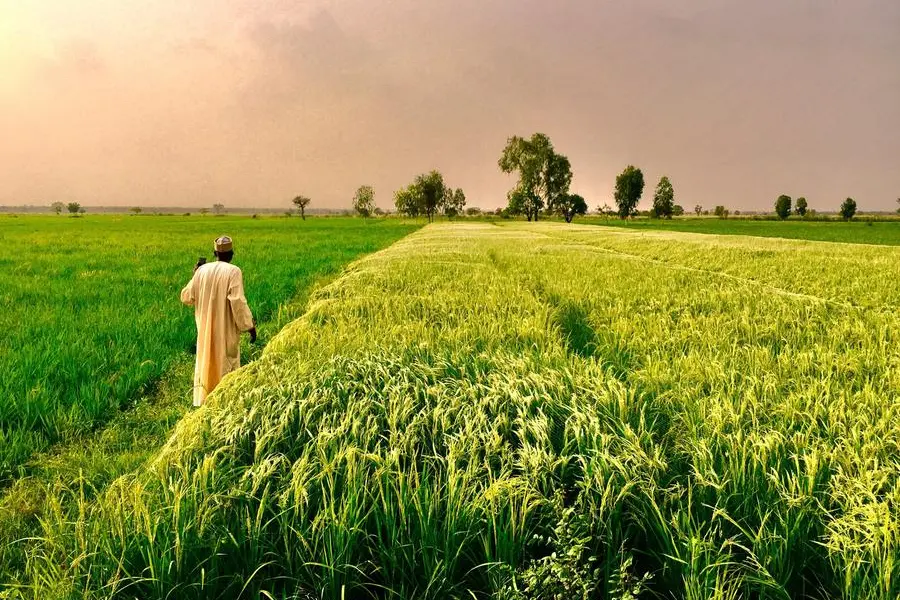PHOTO
The Executive Director of the National Root Crops Research Institute Umudike, Professor Chiedozie Egesi, has said that advanced plans are underway to transform the institute’s sub-stations to specialised Centres of Excellence (CoEs).
According to him, the institute has outstations in various parts of the country, including North Central (Kuru–Plateau State, Otobi–Benue State, Nyanya–FCT/Nassarawa), North East (Gassol–Taraba State), South East ( Igbariam – Anambra State) and South West (Iresi–Osun State).
The ED made this disclosure at its ongoing Annual Review & Planning Workshop themed: “Leveraging on Root and Tuber Crops For a More Resilient Agriculture-Based Economy.” Highlighting the achievements of the institute, he said “NRCRI has played a leading role in positioning Nigeria as first in the global ranking in the production of cassava, yam and cocoyam. “The Institute in collaboration with the International Institute for Tropical Agriculture (IITA), has developed and released to farmers, a total of fifty-four (54) improved varieties of cassava and thirty-four (34) new yam hybrids. These new varieties contributed greatly to the increased annual production of cassava and yam in Nigeria.
“The Institute developed and released nine (9) Pro-Vitamin A rich yellow Cassava varieties and three (3) orange-fleshed sweetpotato varieties, equally rich in vitamin A. In each case, the varieties have been released to farmers in Nigeria and feature prominently in their cropping choices.
“The Aeroponics system of seedyam multiplication and the yam minisett and mini-tuber techniques as well as the minisett and vine cuttings propagation developed by the Institute for seed yam production also have the potential to end the age long scarcity, and high cost of seed yams.
“Viable true Cocoyam Seed was successfully produced for the first time in Nigeria by the Institute. Interestingly, this has opened the way for development of new Cocoyam varieties.
Related NewsFood systems should focus more on addressing malnutrition, says HarvestPlusInternational Cocoa Diplomacy identifies impediments to increasing Nigeria’s chocolate productionWhy Stevia is future of sugar in Nigeria —Expert
“Potato production in Nigeria has also increased from 523,000 metric tonnes in 1975 to over 1,000,000 metric tonnes in recent times. “Importantly, I must point out that the Institute has developed a technique for the use of true potato seed (botanical seed), instead of the traditional seed tubers, for seed potato production.
The technique has the potential to reduce potato production and storage costs by over 35 percent while doubling the present seed supply to farmers.”
Copyright © 2022 Nigerian Tribune Provided by SyndiGate Media Inc. (Syndigate.info).




















